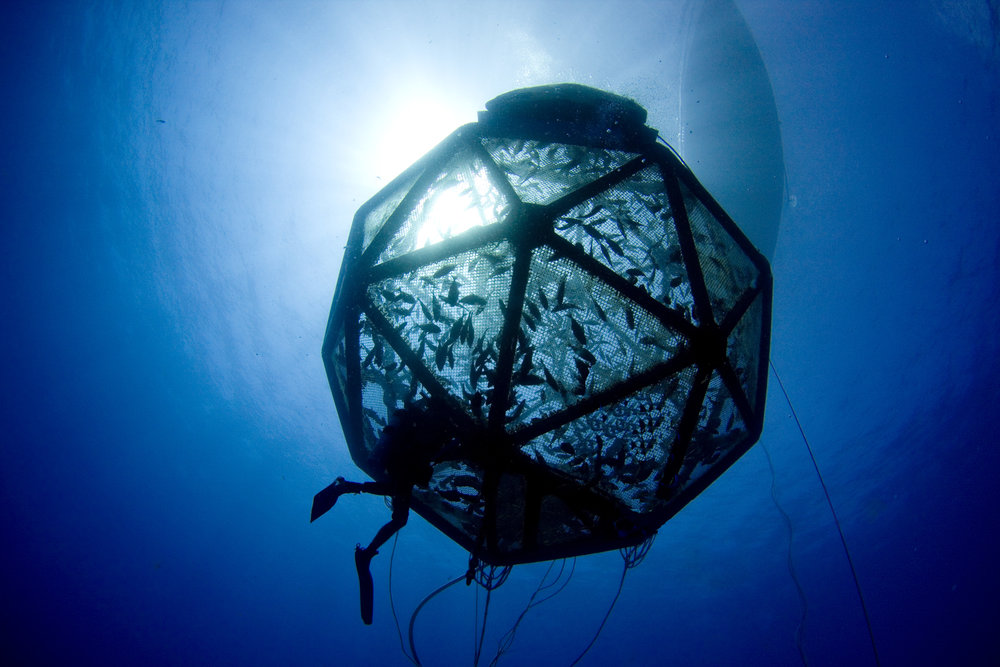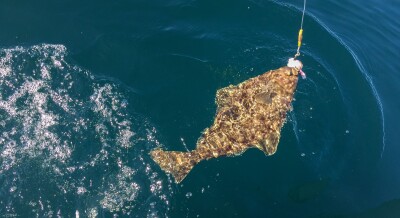The U.S. Fifth Circuit Court of Appeals on Monday upheld a 2018 lower court ruling that NMFS lacks legal authority for permitting aquaculture in federal waters, dealing a new blow to proposed fish farming in the Gulf of Mexico.
In its 2-to-1 decision, the appeals panel decided that notwithstanding six years of planning by the agency and Gulf of Mexico Fishery Management Council, the guidelines they developed for growing up to 64 million pounds of finfish annually are not allowed under the Magnuson-Stevens Fishery Conservation and Management Act.
“The act neither says nor suggests that the agency may regulate aquaculture,” Judge Stuart Kyle Duncan wrote in the majority opinion. “The agency interprets this silence as an invitation, but our precedent says the opposite: Congress does not delegate authority merely by not withholding it.”
“Undaunted, the agency seeks authority in the act’s definition of ‘fishing’ — the ‘catching, taking, or harvesting of fish,’” Duncan wrote of NMFS’ position. “Harvesting, we are told, implies gathering crops, and in aquaculture the fish are the crop. That is a slippery basis for empowering an agency to create an entire industry the statute does not even mention.
“We will not bite. If anyone is to expand the 40-year-old Magnuson-Stevens Act to reach aquaculture for the first time, it must be Congress.”
The legal challenge was brought by a coalition opposed to expanded Gulf of Mexico aquaculture — specifically net pen fish farming proposed off Florida’s west coast — that includes such fishing and environmental groups the Gulf Restoration Network, Alabama Charter Fishing Association, Food & Water Watch, and the Recirculating Farms Coalition that advocates “green” onshore fish production with recycled water.
“This is a landmark victory protecting our oceans and fishing communities,” said George Kimbrell, a lead counsel for plaintiffs in the case. “Allowing net-pen aquaculture and its environmental harms in the Gulf of Mexico is a grave threat, and the court properly held the government cannot do so without new and proper Congressional authority. Aquaculture harms cannot be shoehorned under existing law never intended for that purpose.”
The lawsuit was filed in 2016, and in 2018 the District Court for the Eastern District of Louisiana ruled that the Department of Commerce did not have the authority to permit aquaculture under federal fisheries management law.
The department appealed, and the agency under the Trump administration has stressed its determination to smooth the regulatory path for federal-waters fish farming.
In a dissent, appeals Judge Stephen A. Higginson made an argument that aquaculture is not that much different from other technological advances in harvesting fish and can be seen within the purview of existing law.
“Congress’s clear purpose to conserve and maintain our nation’s offshore fisheries, coupled with its explicit and capacious grant of authority over ‘all fish,’ lead me to conclude that modern aquaculture methods of fishing fit vitally in, not out of, the Magnuson Act regime,” Higginson wrote.







